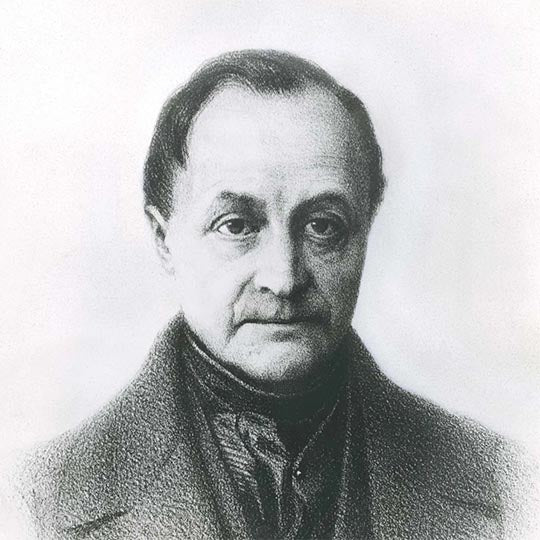
The Philosophy of Positivism
Share
This text was inspired by a list of selected customers from the Old Snuff House of Fribourgh and Treyer, at the Rasp and Crown, No. 34 St-James Haymarket, London, S.W (1720-1920).
Isidore-Auguste-Marie-François-Xavier Comte, commonly known as Auguste Comte, was a French philosopher and sociologist who is often regarded as one of the founders of modern sociology. He made significant contributions to the fields of social science, philosophy, and positivism. He was born on January 19, 1798, in Montpellier, France. He came from a modest background and received his early education at home and at the local Collège de Montpellier. Comte's early intellectual influences included Enlightenment philosophers like Voltaire and Condorcet.
Comte was greatly influenced by the ideas of Henri de Saint-Simon, another French thinker. He initially worked as Saint-Simon's secretary and collaborator. However, Comte later developed his own distinct philosophical system, known as positivism, which differed from Saint-Simon's ideas.

The philosopher is best known for developing the philosophy of positivism, which emphasized empirical observation, scientific methodology, and the rejection of metaphysical speculation. He believed that the social sciences, particularly sociology, should be based on the same principles of observation and measurement as the natural sciences. Comte's positivism also involved the classification of the sciences into a hierarchy, with sociology at the top as the most complex and abstract science.
In his work "Course in Positive Philosophy" (Cours de philosophie positive), Comte proposed the Law of Three Stages, which outlines the historical development of human thought and society. The three stages are the theological stage (characterized by religious explanations), the metaphysical stage (characterized by abstract and speculative thinking), and the positive stage (characterized by empirical and scientific thinking).

Comte is often referred to as the "father of sociology" because of his efforts to establish sociology as a separate scientific discipline. He believed that sociology could use scientific methods to study social phenomena, understand social order, and contribute to the betterment of society.
Comte faced challenges and controversies during his lifetime, including disputes with fellow intellectuals and struggles with mental health issues. He lived his later years in relative obscurity and poverty. Auguste Comte died on September 5, 1857, in Paris, France. His ideas have had a lasting impact on the development of sociology and the social sciences. While some of his specific views and theories have been critiqued and evolved over time, his emphasis on the scientific study of society and the importance of empirical observation continue to shape the field of sociology and the broader study of human behavior and society.
